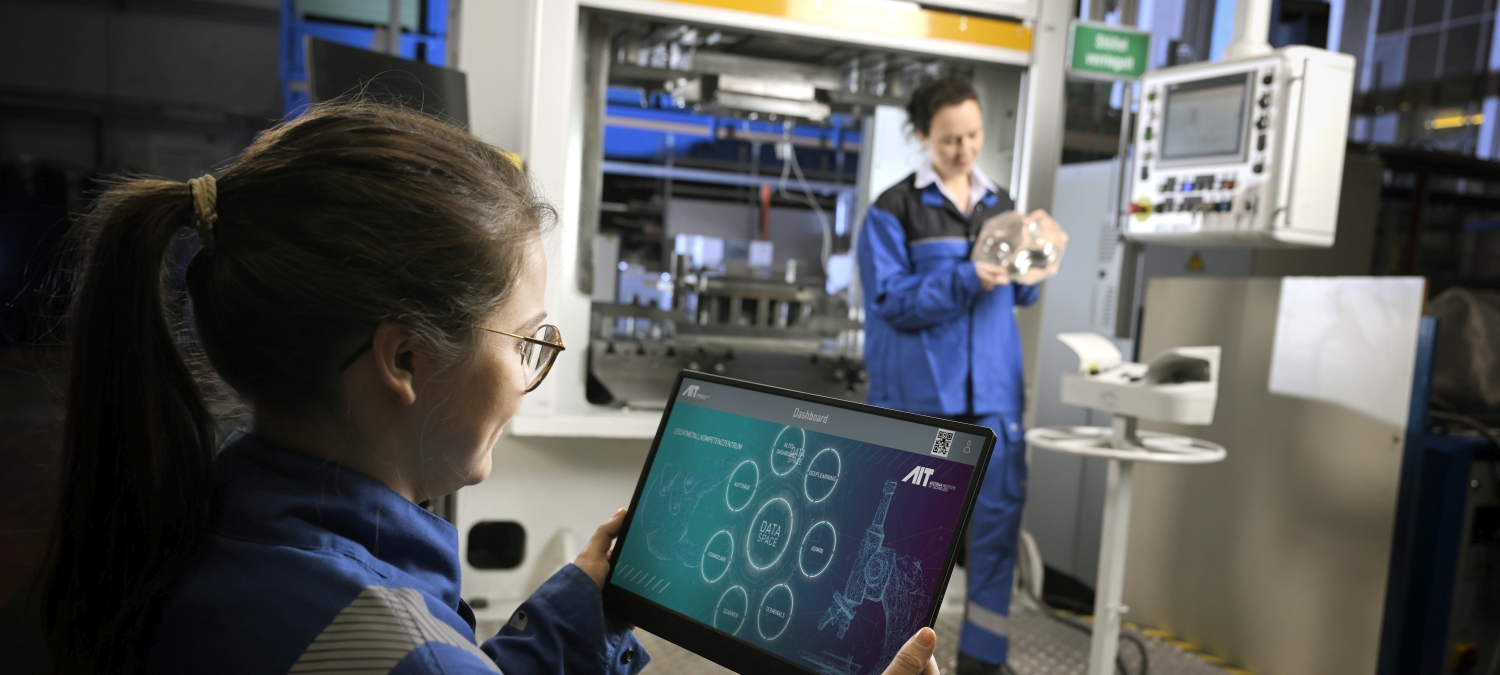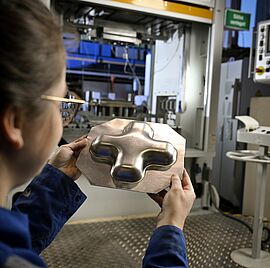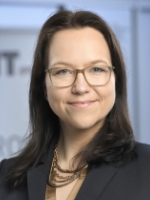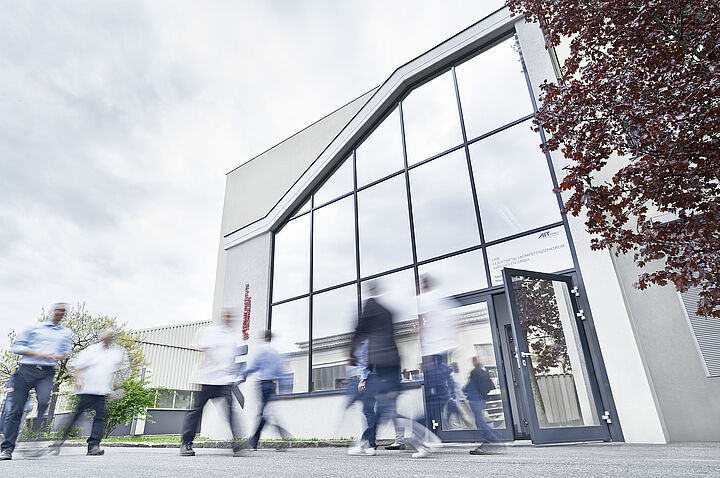Let's think recycling one step further!
The primary production of light metals such as aluminium, magnesium and titanium involves an enormous amount of energy. The metal producing and processing industry thus causes considerable amounts of CO2 emissions. Therefore, there is a great need for action in this area in order to achieve the climate targets. Recycling can make a decisive contribution here: if old aluminium is melted down and recast, 90 to 95 percent of the energy can already be saved compared to primary production. But let's think one step further!
This is where ReForming comes in – a special form of reuse or refurbishment. At the LKR Leichtmetallkompetenzzentrum Ranshofen of the AIT Austrian Institute of Technology, we pursue the goal of transforming metallic components into a new shape - without having to remelt the metal. This brings decisive energy advantages compared to the usual recycling route. In addition to the energy-intensive remelting, there are also no shredding, sorting and processing steps.
On the way to tomorrow's metal recycling
Together with various stakeholders from industry and research, an ecosystem for the ReForming of components is now to be created in four steps:
- Comprehensive utilisation of all in-house scrap: The aim here is to convert reject charges, residuals, etc. into new components using optimisation tools - and to do so while taking into account the upstream process history (e.g. heat treatment, thinning through certain forming processes, etc.).
- Reconditioning of selected end-of-life (EoL) scrap - such as battery boxes, engine bonnets, etc.: By selecting suitable forming processes (e.g. hot forming, cryogenic or electroplastic forming) and adapting them to the respective conditions, optimal functionality can thus be ensured in the second life cycle - and of course then also in the third or fourth.
- Creation of a ReForming ecosystem: The basis for this is a comprehensive and clear identification of the material, the precise recording of each process step (annealing temperature, forming degree, sheet thinning, etc.), the application of a targeted ReForming design and the provision of optimal processing paths.
- Creation of the perfect material systems: This includes the use of self-healing fine recrystallising alloys as well as the application of wide heat treatment windows with optimal property profiles on the finished component.
Lightweight materials then not only save energy and emissions over their first life cycle. They also bring with them the maximum input potential for their second, third or fourth life - this makes recycling of a whole new kind possible!
ProMetHeus: Focused competence in a broad-based consortium
As part of the Austrian research project ProMetHeus, the ReForming concept is to be taken to a new level and brought closer to industrial implementation.
The research work related to ReForming focuses in particular on the following three areas:
- Energy-efficient processing of in-house and especially EoL scrap into novel products - without high-energy remelting
- Creating digital structures that make ReForming ecologically and economically feasible
- Combining a wide range of disciplines - metal and digital
Other aspects of ProMetHeus include the further development of titanium alloys.
International cooperation to establish the ReForming ecosystem
Projects are also being set up at European level to develop and build up the ReForming ecosystem. Current EU calls for proposals focus particularly on reuse: possible key topics are the dismanteling of vehicles or aircraft, the logistics for components, the removal of paint from components or the development of co-deformable paints as well as the non-destructive analysis of the freedom from defects and service life of the products.
An artificial intelligence-based platform will digitally support novel ReForming manufacturing strategies. A ReForming Data Space will be created to map the sustainability of the processes. This will help to identify the most sensible and energy-efficient ReForming process and to optimise the use of raw materials and transport routes. All product information needed for further life cycles will be made permanently available.
Corresponding partner networks are currently being established - ambitious goals meet motivated partners!
Developing a sustainable ReForming ecosystem
Carina Schlögl, head of the research field "Advanced Forming Processes" at the LKR, explains: "Together we want to support industries such as car manufacturers, aircraft manufacturers and their suppliers in making their products even more sustainable. The aim is to provide the material with the necessary information to save energy, CO2 and raw materials not only over the lifetime of a product, but ultimately over many further life cycles. For this, we need strong partners and clear specifications from the industry."






